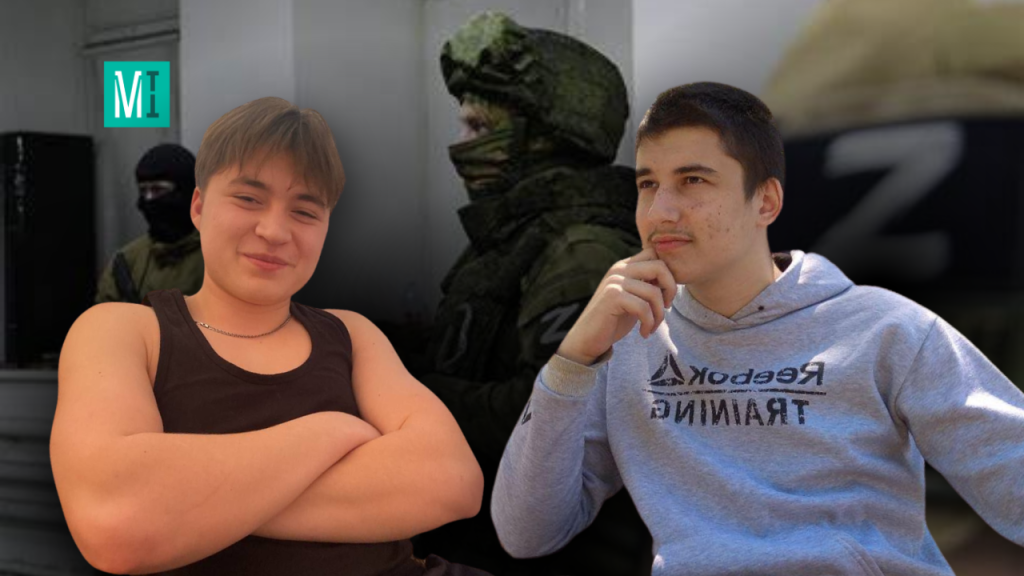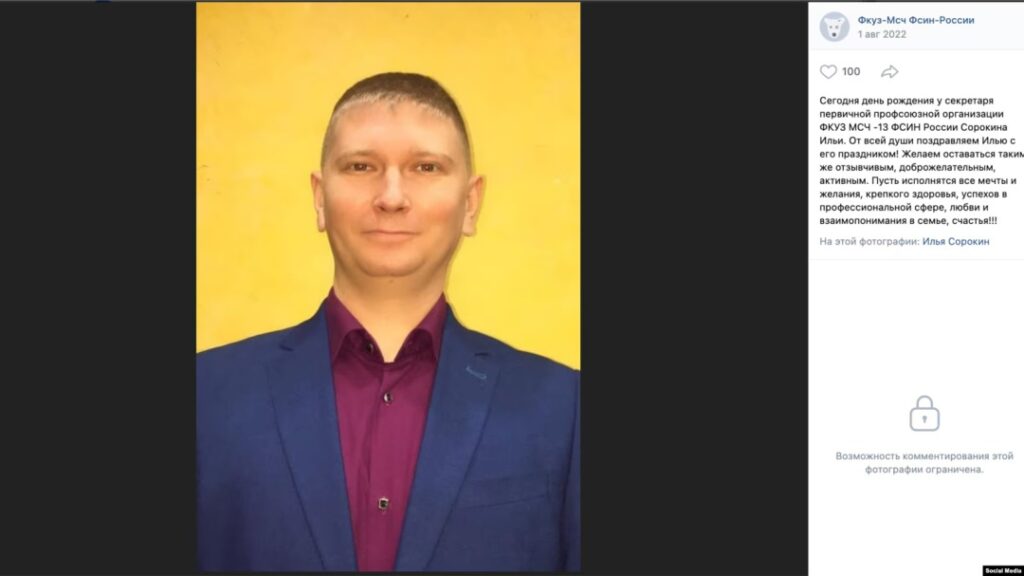A Bid to Undo a Colonial-Era Wrong Touches a People’s Old Wounds

© Mary Turner for The New York Times

© Mary Turner for The New York Times

© Saher Alghorra for The New York Times

© John Thys/Agence France-Presse — Getty Images

© John Thys/Agence France-Presse — Getty Images

© Federico Parra/Agence France-Presse — Getty Images

For their love for Ukraine, Tigran and Mykyta paid the highest price, their lives. President of Ukraine Volodymyr Zelenskyy has signed a decree awarding the Order of Freedom to 16-year-olds Tigran Ohannisian and Mykyta Khanganov, Ukrainian teenagers killed by Russian soldiers in occupied Berdiansk.
On social media, Ohannisian managed to publish a video reportedly before being shut down by snipers, in which he says: “Two for sure. That’s it, this is death. Guys, goodbye! Glory to Ukraine!”
After the full-scale invasion and occupation of the city, the boys stayed home. They were friends, and both openly supported the Ukrainian cause.
Ohannisian was repeatedly persecuted by the occupying authorities: he was abducted from his home, tortured, abused, subjected to electric shocks, and mock executions. He was arrested, beaten, and forced into silence.
Khanganov was targeted for arrest as early as October 2022. The occupiers interrogated him and his father, fabricated a case accusing him of “railway sabotage,” and searched their home. He was charged with a crime punishable by up to 20 years in prison in Russia.
In 2023, both boys were accused of “preparing sabotage.” Tigran was interrogated and tortured for five days as the occupiers tried to force a confession.
The European Parliament passed a resolution demanding the release of Tigran and Mykyta, but the occupiers ignored the calls of the international community. On 24 June 2023, Russian forces executed the boys.
Ombudsman Dmytro Lubinets reported that Russia still refuses to return their bodies to the parents or to Ukraine. Available information suggests the occupiers buried the teenagers in secret, without notifying the families.

© Dmitry Kostyukov for The New York Times

Schemy, a project of Radio Free Europe/Radio Liberty, has identified a Russian prison medic responsible for crimes against Ukrainian soldiers held at Penal Colony No. 10 in Mordovia. His cruelty was so extreme that Ukrainian prisoners nicknamed him “Dr. Evil.”
Journalists have gathered testimonies from more than 150 former captives who recognized “Dr. Evil” in photos and videos. He turned out to be 34-year-old Illia Sorokin, a father of two and employee at Medical Unit No. 13 of Russia’s Federal Penitentiary Service (FSVP). He had previously listed his workplace publicly on social media, visited occupied Crimea, and participated in 9 May parades wearing Soviet uniforms with a St. George ribbon.
Pavlo Afisov, a Ukrainian marine from the 36th Brigade, said that Sorokin used a stun gun, forced Ukrainian prisoners to crawl, jump, and sing Russian songs.
“He derived aesthetic pleasure from seeing you bent over in front of him, hands raised, with nothing on you, eyes closed. Yet he would kick you between the legs, hit you in the gut, strike your liver, beat you with a rubber baton and a stun gun. He even said that people like us deserve genocide,” the soldier recalled.
Another soldier, Oleksandr Savov, confirmed the abuse and the denial of medical care. Sorokin was approached concerning the mental health of Ukrainian prisoner, Volodymyr Yukhymenko, who was brutally beaten and later died. A Ukrainian forensic examination found multiple fractures, hemorrhages, and pneumonia.
Despite Sorokin’s denials of responsibility, Tetiana Zhuravliova, a personnel officer at Medical Unit No. 13, confirmed his involvement. She said that Sorokin is currently serving in the Russian army, using the callsign “Doctor” and collecting supplies, equipment, medicine, and camouflage nets for his unit.

© Jose Cabezas/Reuters

© Ivor Prickett for The New York Times